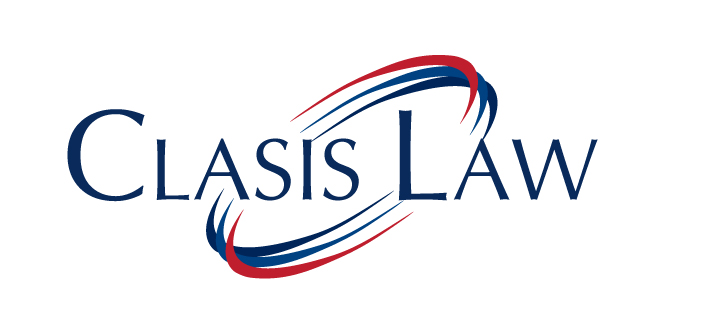In March 2020, the Reserve Bank of India (RBI) issued the guidelines to regulate the activities of the domestic payment aggregators (Domestic PA Framework)[1] and mandated the payment aggregators (PAs)[2] to seek authorisation from the RBI for their payment aggregation business.However, the Domestic PA Framework did not apply to the cross-border payments for import-export transactions.
With the rapid development in e-commerce space in the last few years, resulting in an increase in cross-border payments for import-export transactions, the RBI decided to bring the activities of cross-border payment aggregators under its direct regulation and issued a framework on 31 October 2023[3] to regulate the activities of the entities facilitating cross-border payment transactions for import and export of goods and services (PA-CB Framework).
We have set out herein below a summary of the key provisions of the PA-CB Framework:
Applicability of the PA-CB Framework
The PA-CB Framework applies to the entities facilitating cross-border payment transactions for import and export of permissible goods and services in online mode (PA-CBs). Thus, the entities, including AD-banks, PAs and PA-CBs, involved in processing and settlement of cross-border payment transactions for import-export of goods and services, shall comply with the PA-CB Framework.
Approval or Authorization from the RBI
- The PAs who have either RBI authorisation or applied to the RBI for an authorisation pursuant to the Domestic PA Framework and are engaged in the PA-CB activities would need to (i) intimate the RBI on or before 30 December 2023 as to whether or not such PA wishes to continue with the PA-CB activities, and (ii) seek RBI approval in case such PA decides to continue with the PA-CB activities.
- An authorised PA or PA-CB would not require a separate authorisation under the PA-CB Framework or Domestic PA Framework for undertaking PA-CB activities or domestic PA activities, as the case may be. However, such entities would simply seek approval from the RBI to commence PA-CB or PA activities, as the case may be.
- Non-bank (and non-PA) entities engaged in PA-CB activities (Non-Bank PA-CB) as on 31 October 2023 (i) would need to apply to the RBI latest by 30 April 2024 for an authorisation. However, such entities can continue to provide PA-CB services until they receive communication from the RBI on their applications.
- The existing Non-Bank PA-CB would need to wind-up their PA-CB activities by 31 July 2024 if such entity fails to apply to the RBI for the authorisation on or before 30 April 2024. Further, if an existing Non-bank PA-CB does not submit to the banks the evidence of application for RBI authorisation by 31 July 2024, then the banks shall close the accounts of such entities used for PA-CB activities.
- A new non-bank entity cannot engage in PA-CB activities unless the RBI has granted authorisation to such entity under the PA-CB Framework.







